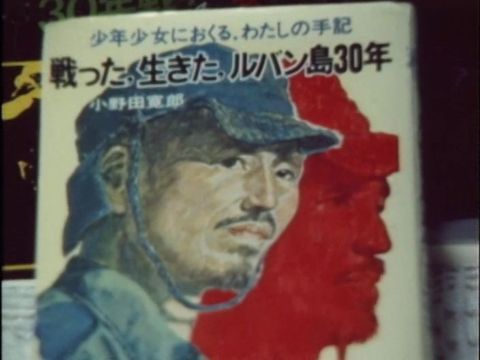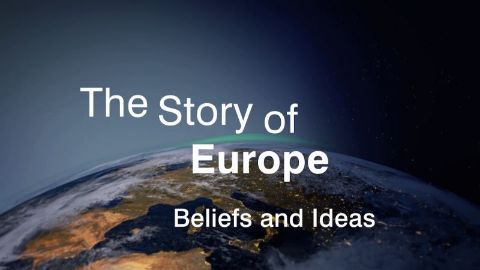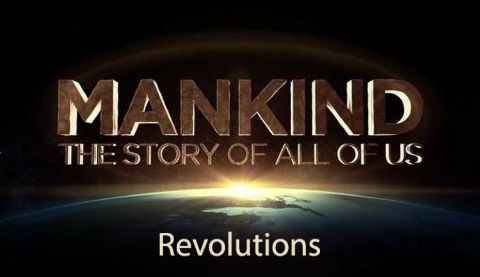Into the Valley of the Kings • 2022
Dan Snow journeys through Egypt's Valley of the Kings, and uncovers the stories of European explorers going in search of treasures in this long-lost desert chasm. He discovers the work of maverick engineer Giovanni Belzoni, who levered out statues of pharaohs, the rivalries that erupted between teams of explorers across Europe in search of long-buried treasures, and tells the story of the most famous discovery in the valley - Howard Carter's unearthing of Tutankhamun's Tomb.
Make a donation
Buy a brother a hot coffee? Or a cold beer?
Hope you're finding these documentaries fascinating and eye-opening. It's just me, working hard behind the scenes to bring you this enriching content.
Running and maintaining a website like this takes time and resources. That's why I'm reaching out to you. If you appreciate what I do and would like to support my efforts, would you consider "buying me a coffee"?
Donation addresses
BTC: bc1q8ldskxh4x9qnddhcrgcun8rtvddeldm2a07r2v
ETH: 0x5CCAAA1afc5c5D814129d99277dDb5A979672116
With your donation through , you can show your appreciation and help me keep this project going. Every contribution, no matter how small, makes a significant impact. It goes directly towards covering server costs.





